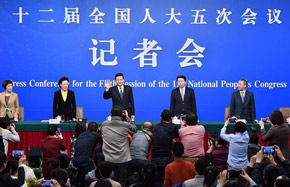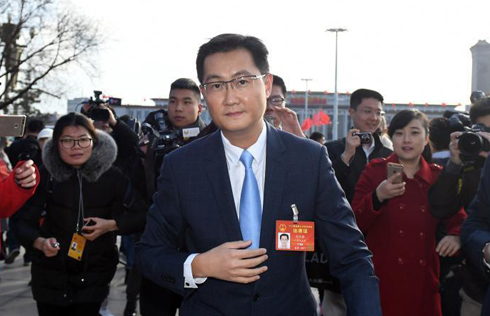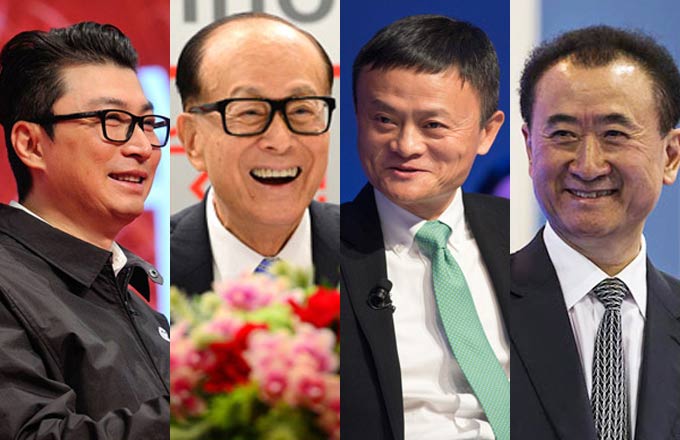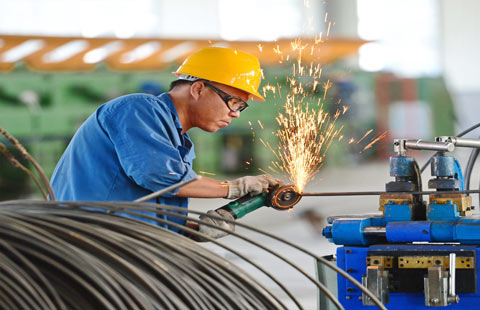Credibility still top concern for Chinese firms
Efficiency of the policy implementation is also closely linked to bribery and bureaucratic interference, the survey said. A private entrepreneur, who runs a food processing plant in a second-tier city in Henan province, said he got a 300,000 yuan loan last year after parting with a 100,000 yuan bribe to a local banking official.
The entrepreneur, on condition of anonymity, admitted that such practices are common in his city. "But I place great hope on the new leadership. I have witnessed punishments to a group of corrupt officials around the nation, and I think things can be better," he said.
Irrespective of the problems, the private economy in China is gathering steam and is also waking up to the reality of environmentally friendly operations and sustainable development. More than 63.9 percent of the surveyed private entrepreneurs said they want to shift to green operations — using energy-saving and environmentally friendly technologies. However, supporting policies on technology introduction and preferential taxation for green operations still need further tweaks, they said.
Nearly 36.3 percent of the survey respondents believe that market-oriented reforms promoted by the government are needed to address the industry monopoly of State-owned enterprises. In some key industries, such as energy, infrastructure and telecommunications, private businesses should have their areas of development identified clearly as the existing norms makes market access rather difficult.
Unlike private entrepreneurs the main concern for SOEs are how to achieve innovation in terms of technology and operations.
"Private companies have a big role to play in technological innovation," said Zhang, citing new energy sector as an example, in which private enterprises have taken the lead.
Breaking the monopoly is also a good way to introduce private capital into key industries and promote innovation of SOEs, thereby benefiting industrial upgrading of Chinese economy, he added.

















